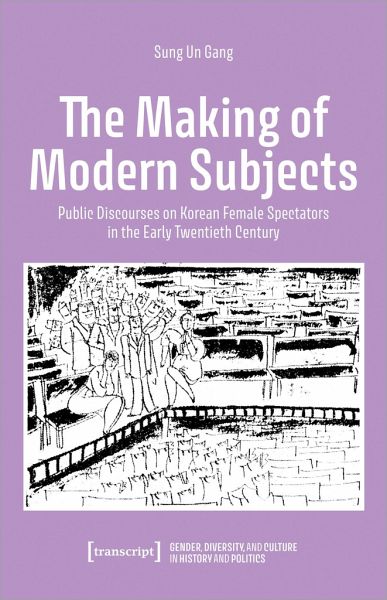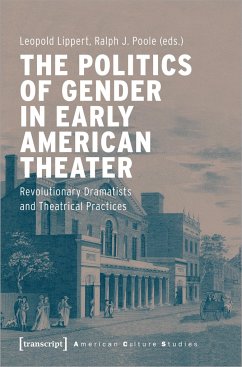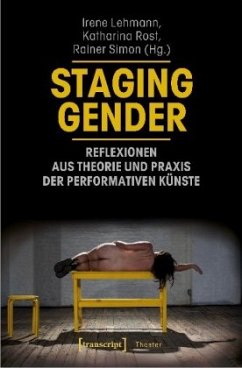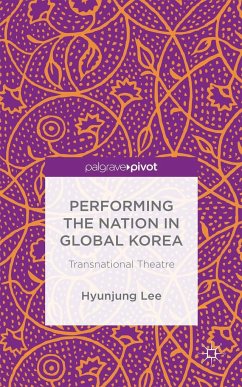
The Making of Modern Subjects
Public Discourses on Korean Female Spectators in the Early Twentieth Century

PAYBACK Punkte
15 °P sammeln!
In the early 20th century, Korean women began to manifest themselves in the public sphere. Sung Un Gang explores how the women's gaze was reimagined in public discourse as they attended plays and movies, delving into the complex negotiation process surrounding women's public presence. In this first extensive study of Korean female spectators in the colonial era, he analyzes newspapers, magazines, fictions, and images, arguing that public discourse aimed to mold them into a male-driven and top-down modernization project. Through a meticulous examination of historical sources, this study reconce...
In the early 20th century, Korean women began to manifest themselves in the public sphere. Sung Un Gang explores how the women's gaze was reimagined in public discourse as they attended plays and movies, delving into the complex negotiation process surrounding women's public presence. In this first extensive study of Korean female spectators in the colonial era, he analyzes newspapers, magazines, fictions, and images, arguing that public discourse aimed to mold them into a male-driven and top-down modernization project. Through a meticulous examination of historical sources, this study reconceptualizes colonial Korean female spectators as diverse, active agents with their own politics who played a crucial role in shaping colonial publicness.













